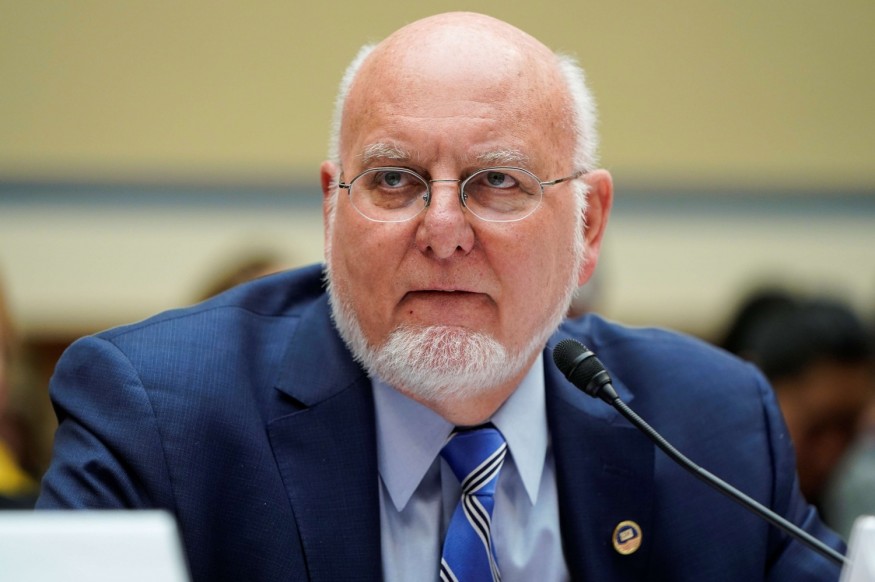Coronavirus: CDC Director Says Walls Will Not Hinder the Spread of Virus

On Tuesday, the Center of Disease Control and Prevention Director, Robert Redfield said that his department did not know of any evidence that physical barriers across the border of America could serve to stop the coronavirus from circulating across the United States.
Redfield had spoken before the House of Representatives on Tuesday, when he had been met with issues regarding his organization's efforts to address the outbreak of the coronavirus.
Rep. Katherine Clark, a Massachusetts Democrat, had inquired during the presentation of Director Redfield whether there were any proposals from the their department that the use of structural barriers on the borders would be able to prevent the coronavirus outbreaks.
Robert Redfield had replied, "Not that I've seen."
A central component of President Trump's 2016 presidential campaign was the constructing a structural barrier along the Mexican border. The Defense Department filed a request last month to Congress that approximately $4 billion be transferred from the military budget to cover the wall's construction.
Contagious diseases do not necessarily honor nor stick to boundaries, given the rhetoric of Trump's hardline immigration. So when it comes to preventing the spread of the latest coronavirus, the physical barriers at the south border of the United States will not perform any magic.
Nonetheless, study has already shown that travel restrictions in general have a minimal effect on the slowing of disease transmission unless it has been also transmitted within a society itself.
Analysis of the flu results, and information about an outbreak of the influenza H1N1 in 2009, show that air transport constraints can delay the disease propagation- a valuable goal - however do not usually stop transmission.
It is partially because the bans on air travel sometimes come into being too late and are not strict enough to restrict any movement. Furthermore, as a consequence of ground travel, transmission frequently increases in affected communities.
The CDC has faced intense criticism from the many investigated aspects of the administration's management of the outbreak that it is struggling to develop an early coronavirus test for Americans as well as its choice to not use a test established interimly by the World Health Organization as the outbreak has increased.
While the Federal administration has been struggling to establish an unanimous response to the crisis of coronavirus during the last few weeks, the government had constantly supported a movement to stop foreign nationals who had been in China lately from entering the region as well as to order United States citizens to join a two week compulsory quarantine from the outbreak epicenter.
Secretary of Health and Human Services Alex Azar admitted to the media on Tuesday that the government did not even know the actual number of people that were screened because hundreds of thousands of their samples went out to private laboratories and hospitals which does not currently report to the CDC.
Redfield had told lawmakers that as of Monday about 5,000 individuals were screened by public health laboratories, and that he wanted private research firms to go forward with more research for tests for the federal government soon.
Subscribe to Latin Post!
Sign up for our free newsletter for the Latest coverage!
















